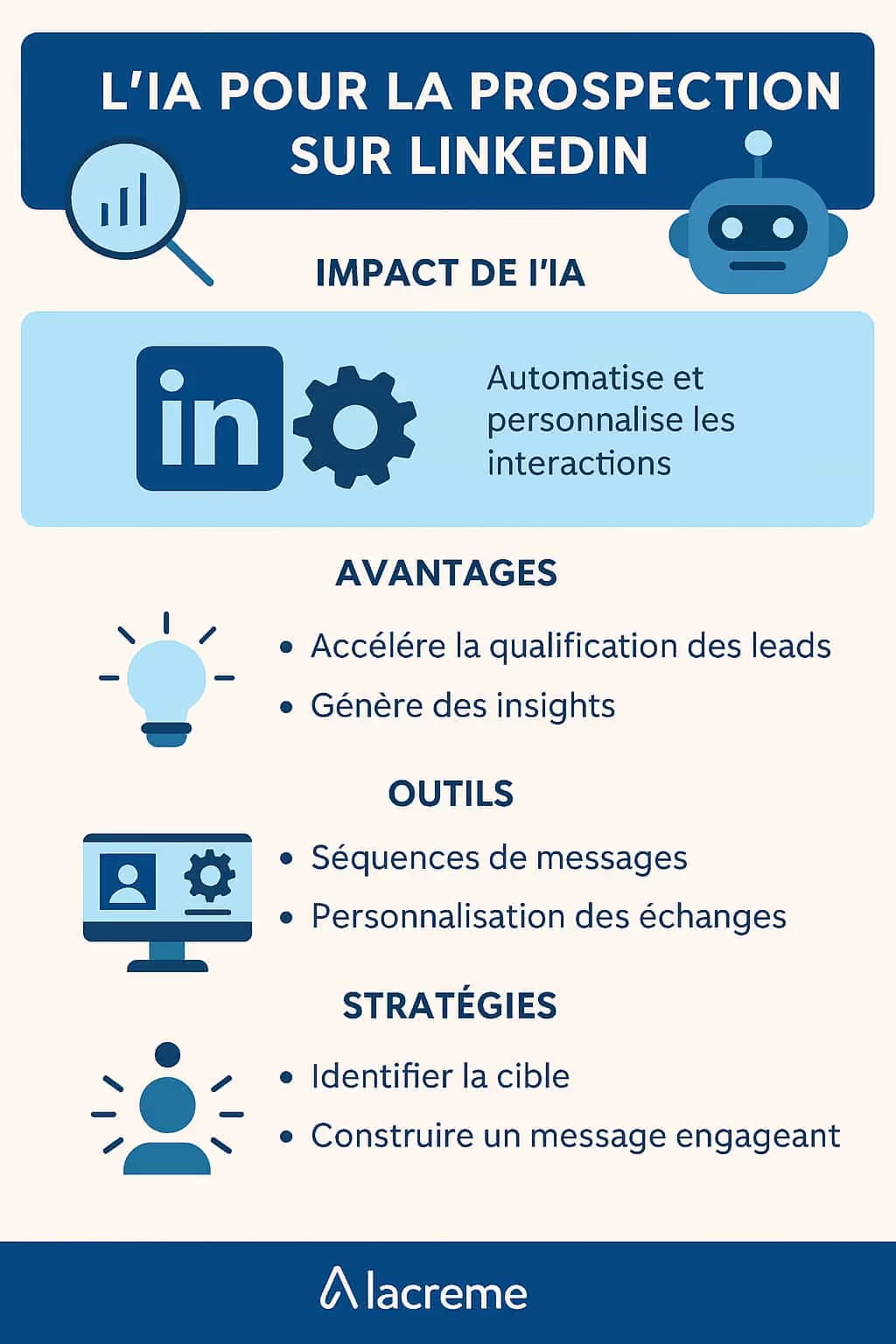Artificial Intelligence (AI) has become a fundamental tool in many fields, especially in that of bookkeeping. Technological innovation and process automation are transforming the very foundations of accounting tasks, offering a new perspective on financial management. This article explores in depth how AI is renovating the accounting industry, making systems more efficient, data more accurate, and forecasting more reliable.
The contribution of Artificial Intelligence in current accounting practices
Automating processes and reducing errors
The introduction of AI in accounting has made it possible toautomate a large number of repetitive tasks such as data entry, data reconciliation, and document analysis. AI algorithms, with their speed and precision, greatly reduce the risk of errors while freeing professionals from tedious workloads. As a result, the focus is now on strategic analysis and decision making.
Advanced analytics insights thanks to AI
Les AI tools also offer exceptional analytical perspectives. Capable of processing and analyzing huge volumes of data, they facilitate the detection of trends, the identification of risks and the discovery of opportunities for fiscal or financial optimization. This allows businesses to anticipate problems and to react proactively.
Financial management improved by Artificial Intelligence
Budget forecasting and predictive analytics in accounting
AI accounting solutions significantly improve the accuracy of budget forecasts. By analyzing historical data, they allow for refined predictive analyses, which is essential for financial planning. These analyses help entrepreneurs and managers to better anticipate cash flows and financing needs.
Customizing accounting services using AI
AI also makes it possible to personalize accounting services according to the specific needs of each company. By taking advantage of business data, AI can provide tailored recommendations, improving strategic financial decision-making.
Artificial Intelligence tools specific to accounting
AI-based accounting software: benefits and features
Numerous accounting software now incorporate AI functionalities, offering various benefits such as optimizing billing processes, organizing accounting documents, and managing tax returns. These programs learn and adapt to the work habits of users, for greater efficiency over time.
Integrating AI into ERP systems: an asset for accountants
AI is often integrated into enterprise resource planning systems (ERP), making accounting and financial information flows more consistent and accessible. This integration simplifies the consolidation of financial reports, optimizes the management of purchases and sales, and tools for tactical decision-making.
Impact of Artificial Intelligence on the role of the accountant
The evolution of the accountant profile in the age of AI
With the advent of AI, the role of the accountant is changing. The skills required are increasingly oriented towards strategic analysis, consultation and interpretation of data. The chartered accountant thus becomes a strategic financial advisor, using AI tools to offer innovative solutions.
Skills required to master AI in accounting
To make the most of the benefits of AI, accounting professionals need to develop new skills, especially in data science, data analysis, and understanding algorithms. The mastery of accounting software with AI is also becoming crucial to remain competitive in the market.
The challenges and limits of Artificial Intelligence in accounting
Ethical issues and data privacy
The use of AI raises ethical questions, especially when it comes to data privacy. It is essential to ensure that AI accounting solutions comply with personal data protection regulations and financial.
Adaptation and continuing education in the face of technological innovation
Technological innovations require constant adaptation and the updating of skills. Professionals must engage in a process of continuing education to understand and effectively integrate the evolution of AI into their practices. In conclusion, AI is redefining the field of accounting, providing efficiency, accuracy, and strategic support for decision makers. However, these advances also require professionals in the sector to adapt and constantly train. Businesses that embrace this transformation will benefit from optimized financial management, ready to meet the challenges of the contemporary economy.






